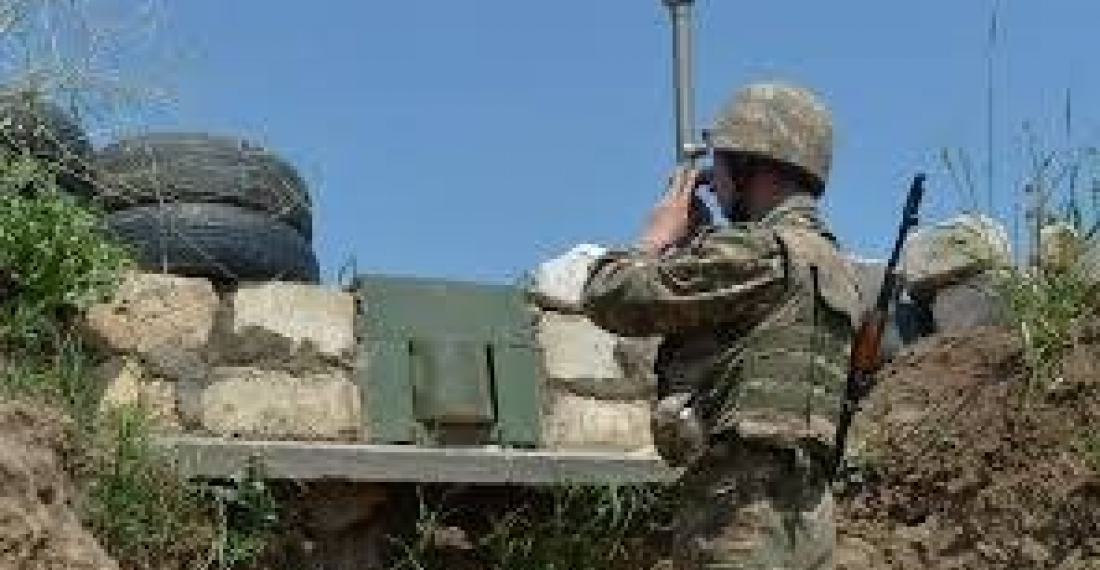Armenian military sources have said that one of their soldiers has been wounded by Azerbaijani sniper fire. The incident was reported to have taken place at 12.25 pm, and occured in the Tavush region. The injured soldier was named as Artur Azumanyan, a 38 year old contract soldier.
If confirmed, the incident appears to be a retaliation for the killing of an Azerbaijani soldier in the same area earlier this week.
Azerbaijan reported that one of its soldiers, a member of the Azerbaijani Border Guards Service, was killed by an Armenian sniper in the afternoon of Tuesday (7 January). The deceased serviceman was named as Farzaly Alimovsum oglu Farzaliev. The incident was reported to have taken place in the northern sector of the international border between Armenia and Azerbaijan where the Azerbaijan region of Kazakh meets with the Armenian region of Tavush,
A statement by the Azerbaijan Border Guard Service, which guards the Azerbaijani side of this part of the international border, at the same time reported Armenian military activity in the area, and accused Armenia of using heavy calibre machine guns to target Azerbaijani vehicles.
source: commonspace.eu with agencies







